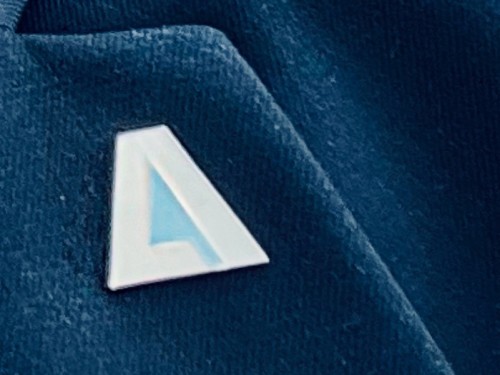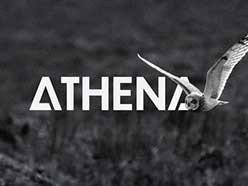Eyes in the Shadows: Understanding Surveillance Detection Teams in the UK
In the realm of security and counter-terrorism, unseen layers of protection operate behind the scenes. While we might be familiar with visible security measures like CCTV and uniformed officers, a less conspicuous but crucial element is the surveillance detection team (SDT). In the UK, SDTs play a vital role in identifying and mitigating potential threats, operating in a complex legal and operational landscape to help identify and counter unwanted or illegal monitoring.
What are Surveillance Detection Teams?
Essentially, SDTs are trained professionals who specialise in identifying and disrupting hostile surveillance. Their primary function is to detect individuals or groups conducting pre-operational surveillance, which is a critical step in planning criminal or terrorist activities. This surveillance can take many forms:
● Physical Surveillance: Observing a target's movements, routines, and vulnerabilities.
●Technical Surveillance: Using electronic devices to monitor communications or gather information.
●Covert Observation: Blending into the environment to observe without being noticed.
SDTs are trained to recognise subtle behavioural indicators, such as repetitive loitering, unusual interest in security measures, and the use of specific observation techniques.
They operate in various environments, including public spaces, critical infrastructure sites, and private residences.
Surveillance/ Surveillance Detection and UK Law.
The UK's sophisticated security apparatus places a high value on proactive threat detection but Surveillance and surveillance detection teams need to be aware of particular laws and regulations. Surveillance in public spaces is generally legal in the UK, however, it must not involve harassment, breach data protection laws and should avoid trespass or unlawful tracking. (Protection from Harassment act 2017, UK GDPR- Data Protection Act 2018, Human Rights Act 1998 where relevant).
Key legislation such as the Regulation of Investigatory Powers Act 2000 (RIPA) and the Investigatory Powers Act 2016 (IPA) outline the conditions under which surveillance can be conducted for any public bodies that SDTs in the UK might be employed by including Police, MI5, Local councils and other Government Bodies.
RIPA requires formal authorisation to carry out covert Surveillance or access communication data.
SDT's are commonly employed by.
●Corporate Executives and Businesses: To detect Surveillance Related to corporate espionage, insider threats or competitor monitoring.
● Law Enforcement Agencies: The police and counter-terrorism units utilise SDTs to
protect high-profile individuals, critical infrastructure, and public events.
● Government Agencies: Security services like MI5 and MI6 employ SDTs to counter
espionage and terrorism.
● Critical National Infrastructure/ Local councils: Power plants, water treatment facilities, and
communication hubs will often employ SDTs as part of their security posture.
● High-Net-Worth Individuals: to protect against stalking, kidnapping or hostile Surveillance for criminals or paparazzi.
●Legal teams and Law firms: To ensure Clients or witnesses aren't being followed during sensitive cases or litigation.
● Security Firms or Private Investigators: As part of counter Surveillance or covert operations where they suspect they are being watched by third parties or hostile entities.
Key Skills and Techniques:
SDT members possess a specialised skillset, including:
● Behavioral Analysis: Recognising subtle cues that indicate hostile intent.
● Counter-Surveillance Techniques: Employing tactics to detect and disrupt surveillance.
● Risk Assessment: Evaluating potential threats and vulnerabilities.
● Communication and Reporting: Effectively conveying information to relevant authorities.
● Situational Awareness: Maintaining a high level of awareness of their surroundings.
They utilise a range of tools and techniques, from simple observation to advanced technology, to identify and track suspicious activity. They must also be able to document and report their findings in a clear and concise manner, providing actionable intelligence to law enforcement or security personnel.
Challenges and Ethical Considerations:
Operating within the UK's legal framework requires SDTs to balance security needs with individual privacy rights. The potential for misinterpretation of behavior and the risk of false positives are significant challenges. Careful training and adherence to strict protocols are essential to ensure ethical and legal compliance.
Public perception is also a factor. While SDTs play a vital role in protecting society, their covert nature can raise concerns about transparency and accountability. Maintaining public trust requires clear communication and a commitment to upholding civil liberties.
The Importance of Vigilance:
In an increasingly complex security landscape, SDTs are a critical component of the UK's defense against terrorism and crime. Their ability to detect and disrupt hostile surveillance helps to prevent attacks and protect the public. While often unseen, their work is essential for maintaining safety and security.





